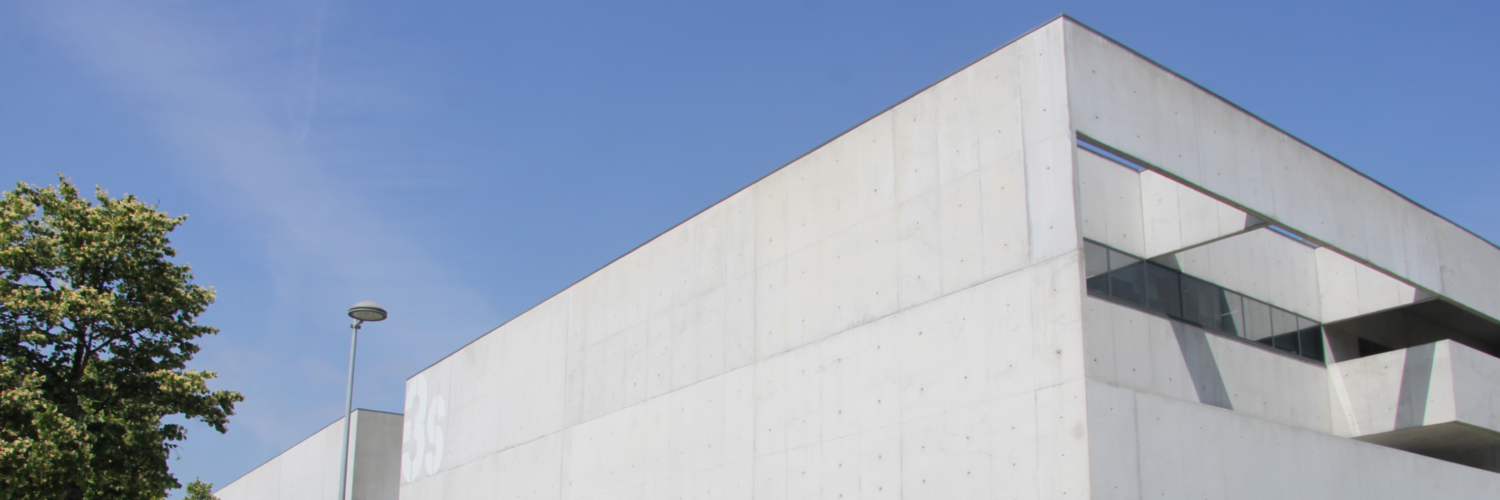| Title | Stimulation of human T lymphocytes via CD2 and CD3 molecules: establishment of the method and characterisation of proliferating cells. |
| Publication Type | Journal Article |
| 1993 |
| Authors | Bravo, I, Carvalho, GS |
| Journal | CytobiosCytobios |
| Volume | 73 |
| Issue | 294-295 |
| Pagination | 173 - 181 |
| Date Published | 1993/// |
| 00114529 (ISSN) |
| Antigens, CD2, Antigens, CD3, Antigens, Differentiation, T Lymphocyte, Antigens, Differentiation, T-Lymphocyte, article, cd2 antigen, cd3 antigen, Cell culture, Cell Division, Cells, Cultured, cytology, human, immunoglobulin receptor, immunology, lymphocyte activation, metabolism, Receptors, Immunologic, t lymphocyte, T lymphocyte antigen, T-Lymphocytes |
| The in vitro exposure of human lymphocytes to degradation products (Fe, Ni or Co) of metallic biomaterials causes a significant reduction of lymphocytes expressing the molecules involved in T lymphocyte activation, CD2 and CD3. A method is described which was developed for the stimulation of lymphocytes in which both CD2 and CD3 molecules were triggered simultaneously. For this purpose an anti-CD3 monoclonal antibody (mAb) was chemically bound to sheep (SE) or human (HE) erythrocytes, forming SE alpha CD3 or HE alpha CD3 conjugates, respectively, which were used for lymphocyte stimulation. Stimulation via CD2 and CD3 was compared with classical phytohaemagglutinin stimulation as well as with soluble alpha CD3 mAb stimulation. Phenotypical characterisation of DNA synthesising lymphocytes was assessed by autoradiography of 3H-thymidine pulsed cultures combined with immunocytochemical tests. Results indicate that this method of T lymphocyte stimulation via CD2 and CD3 is reliable and consistent, and it seems to be very convenient for the evaluation of immunocytotoxicity of metal ions derived from metallic biomaterials. |
| http://www.scopus.com/inward/record.url?eid=2-s2.0-0027346639&partnerID=40&md5=212986259daa87af222691840d3129ab |


